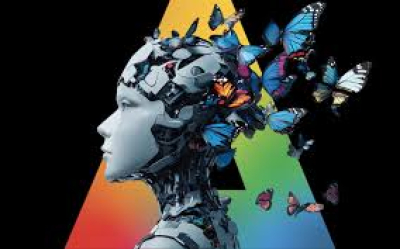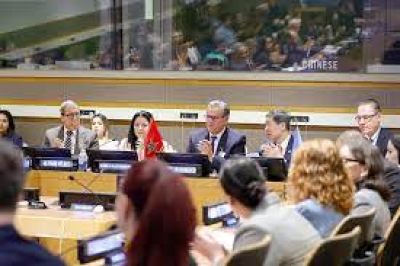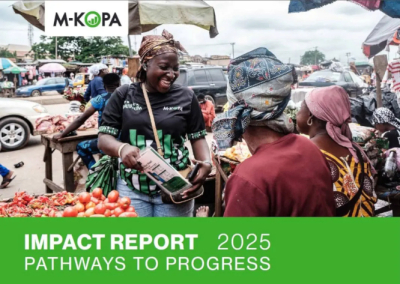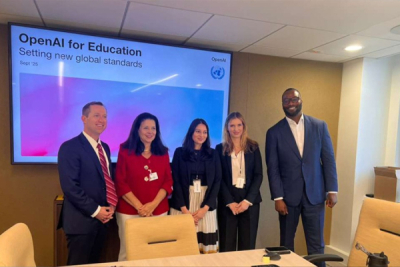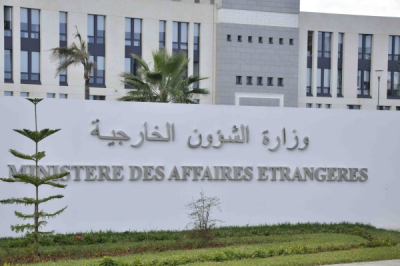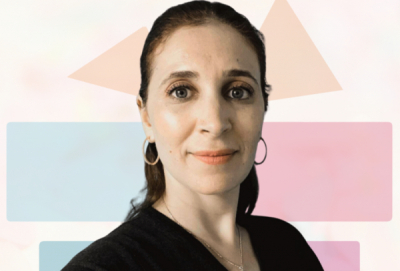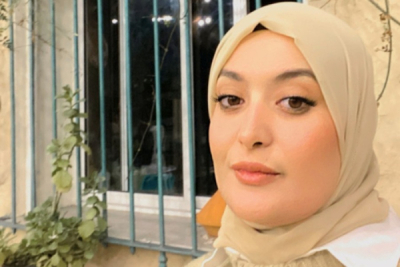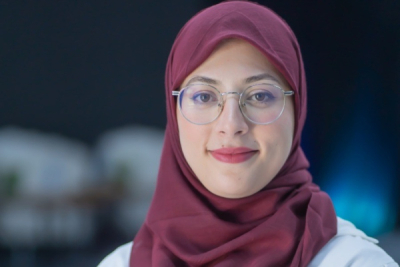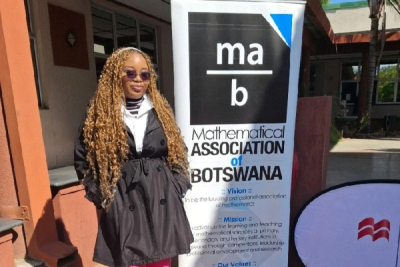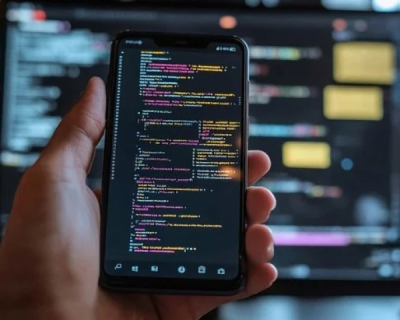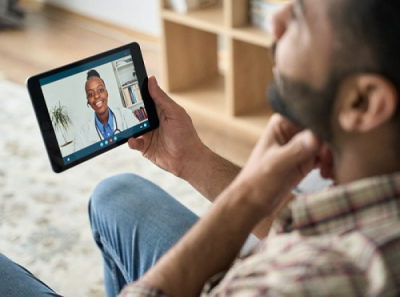Equipping youth with AI and robotics training prepares them for the 230 million digital skills–based jobs expected in Sub-Saharan Africa by 2030. It also ensures underserved groups, including girls, gain equal opportunities to participate in the digital economy and drive local innovation.
The International Telecommunication Union (ITU), Google, and musician-turned-tech entrepreneur will.i.am have unveiled a new programme designed to give young people across Africa hands-on training in artificial intelligence (AI) and robotics.
The initiative, launched during the Digital@UNGA Anchor Event at the UN General Assembly, held September 23, targets underserved communities, particularly in countries where the ITU-UNICEF Giga project is working to connect schools to the internet.
“This programme will unlock new opportunities for AI literacy among young people, empowering them to lead the digital transformation that is reshaping our societies,” said ITU Secretary-General Doreen Bogdan-Martin. “Our aim is to equip youth across Africa with the knowledge and tools they need to succeed in an AI-driven world.”
The effort tackles two major hurdles—connectivity and digital skills. While demand for AI expertise is soaring globally, ITU says 2.6 billion people remain offline, including 1.3 billion children. In Africa, six in ten young people are still without internet access, restricting their participation in the digital economy. For many students, this programme will mark their first opportunity to get online, learn coding, and experiment with robotics.
Through Giga-connected schools—UNICEF and ITU’s initiative to link every school to the Internet and give every young person access to information and opportunity—students aged 10 to 18 will be able to take AI courses offered under ITU’s AI Skills Coalition and the Robotics for Good Youth Challenge, part of its flagship AI for Good programme. The programme will also give special attention to girls and other groups underrepresented in STEM education.
Will.i.am, ITU’s AI Skills Coalition Goodwill Ambassador and founder of the i.am Angel Foundation, will help deliver robotics kits, localized curricula, and teacher training to schools. “In today’s tech-driven economy, it’s urgent to ensure young people in underserved regions gain STEM, robotics, and AI skills,” he said. “These skills are the key to helping them thrive and address the world’s toughest challenges.”
Google.org, the philanthropic arm of Google, is contributing USD 1 million alongside technical expertise. “We must democratize access to AI to ensure its benefits reach everyone, everywhere,” said James Manyika, Google’s Senior Vice President of Research, Labs, Technology & Society.
The rollout will begin in Ghana, Ivory Coast, Kenya, Nigeria, and South Africa, with activities including teacher training, distribution of robotics kits, localized course development, and national showcases. Over time, the programme is expected to expand across Africa and beyond, building on ITU’s Robotics for Good competitions in more than 60 countries and Giga’s partnerships in 45.
By 2030, up to 230 million jobs in Sub-Saharan Africa will require digital skills, according to the World Bank and IFC, underscoring the urgency of equipping the region’s youth with future-ready training. For many students, this will be the first opportunity to access the internet, code, and experiment with robotics.
By equipping millions of young Africans with future-ready skills, the initiative seeks to narrow the digital divide while fostering innovation ecosystems across the continent. Organizers say it could accelerate progress in fields ranging from education and entrepreneurship to healthcare and climate resilience.
Hikmatu Bilali



